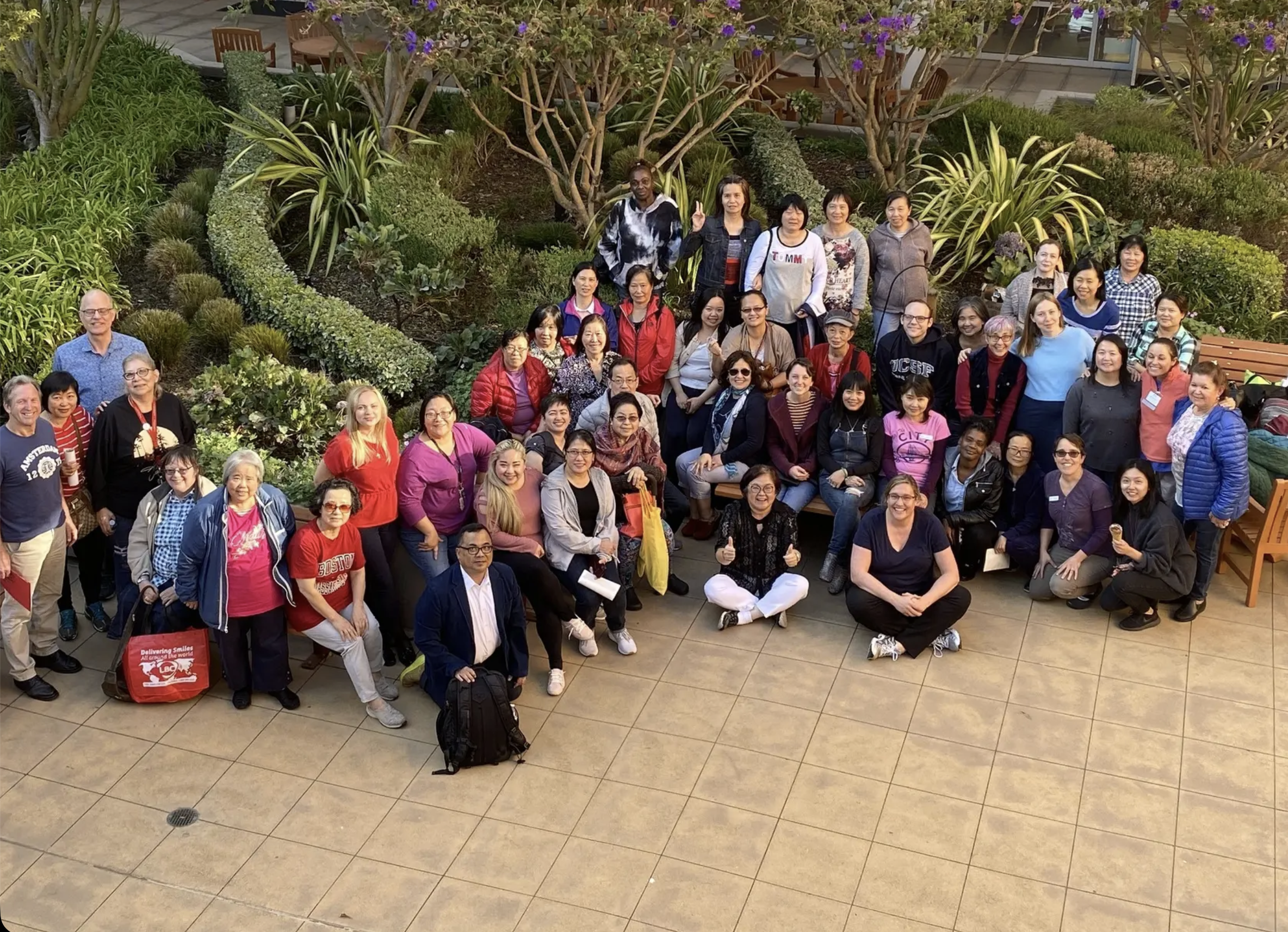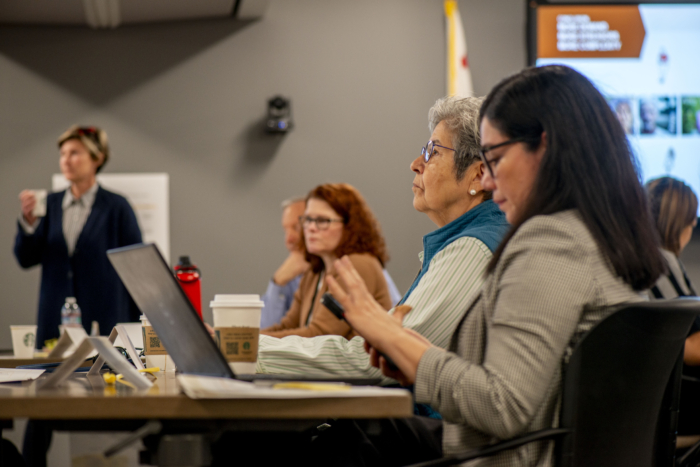
How Plymouth Housing is Laying a Strong Foundation for Whole Person Care

For many permanent supportive housing (PSH) providers, safe and stable homes are just one part of a comprehensive approach. Residents who have experienced chronic homelessness often face complex health, behavioral, and social challenges that housing alone cannot solve. To meet these needs providers must integrate housing with a broader range of services.
Plymouth Housing, one of Washington state’s largest PSH providers, recognized this imperative. The organization’s leaders had with a clear ambition to evolve toward a whole person care model — an integrated approach that connects residents to physical health, behavioral health, and social supports, addressing all factors that influence well-being. They came to Collaborative Consulting for the data, insights, and practical recommendations needed to translate their aspirations into action.
Plymouth Housing provides permanent supportive housing for more than 1,400 residents across 17 buildings in Seattle and Bellevue. Founded in 1980 with a “housing first” philosophy, the organization has grown into a leader in Washington’s homelessness response system and continues to expand its local reach and impact across King County. By pairing housing with supportive services, Plymouth helps residents stabilize and thrive.
- Created a comprehensive current state snapshot that synthesized internal data about financial performance, staffing structure, resident demographics, service models, and partnerships into a single baseline for decision-making.
- Brought external perspectives into focus through a market scan, peer PSH provider profiles, and stakeholder interviews to help leaders understand healthcare partnership opportunities and whole person care models beyond their own system.
- Aligned leadership around five recommendation areas, each with a set of actionable next steps, that provide the foundation for Plymouth’s strategy for expanding its system-wide model for whole person care.
Plymouth Housing engaged Collaborative Consulting to help leaders prepare for the next stage of developing whole person care delivery. While the organization was interested in exploring future opportunities with healthcare partners, leaders recognized they first needed greater clarity on what it would take to get there. The project set out to:
- Understand the landscape of potential opportunities for collaboration with healthcare organizations.
- Explore how other PSH providers were delivering whole person care approaches through partnerships and/or in-house development.
- Assess how Plymouth’s existing systems and capabilities aligned with those opportunities
- Identify what new capacities, practices, or partnerships would need to be developed.
Plymouth sought not only to envision its future role in whole person care, but also to ensure it had the foundation in place to pursue that vision successfully.
Collaborative Consulting guided Plymouth through a process designed to surface insights, broaden perspective, and prepare the organization to evolve and expand its model for whole person care.
We began by conducting interviews with the team and developing a detailed Current State Snapshot that synthesized organizational data, financial trends, staffing and leadership structure, resident demographics, housing portfolio, service models, and partnerships. The resulting deliverables provided Plymouth with a comprehensive baseline and single source of truth about where the organization stood and what would be needed to expand its whole person care model.
In parallel, we created a market assessment, conducted external stakeholder interviews, and profiled peer PSH providers. These insights gave Plymouth’s leaders a broader view of the external environment, highlighting both opportunities for partnership and examples of how other PSH providers were advancing whole person care.
Drawing on these findings, we facilitated a series of leadership sessions that aligned the team around five recommendations to reinforce Plymouth’s systems, practices, and partnerships that must be in place before scaling whole person care.
- Collect and use data to determine resident needs. By building a more complete picture of residents’ health and social needs, Plymouth could prioritize services and sequence investments. We outlined steps to inventory current data, expand collection where needed, and use the data to glean insights about residents’ whole person care needs.
- Standardize service delivery across sites. Greater consistency in core workflows would make it easier to ensure quality, compare results across buildings, and spot emerging needs. We recommended documenting practices, piloting standardized tools, and establishing metrics to support continuous improvement.
- Maximize learning from the Plymouth Crossing pilot. Pilot programs at Plymouth Crossing – one of the organization’s supportive housing communities – already included many elements of a whole person care model. We advised using it as a “learning lab” to test, refine, and share approaches that could be replicated across the portfolio.
- Strengthen multi-sector partnerships. Expanding whole person care will require strong, reliable collaboration with healthcare and social service partners. We recommended strengthening existing relationships and outlined an approach for identifying new partnership opportunities.
- Conduct risk analysis to guide sequencing. A proactive approach to risk would allow Plymouth to anticipate challenges and prioritize investments with the greatest return. We outlined steps to assess potential risks, estimate impacts, and plan mitigation strategies.
Taken together, the process gave Plymouth a clear picture of where it stands today, fresh perspective on what’s possible, and a practical set of next steps that will guide leaders as they bring whole person care to life across the organization.
This project gave Plymouth Housing the clarity and alignment it needed optimize its organization and its strategy for whole person care. By consolidating organizational data, market insights, resident needs, service models, and partnership dynamics into a single, comprehensive view, the project created a strong foundation for decision-making and strategic planning.
Leaders gained with a clear sense of where to begin, how to pace and sequence their efforts, and how to learn from their current whole person care pilot as they deepened partnerships and planned proactively for risks. Most importantly, the engagement positioned Plymouth to approach its strategy process with evidence, practical next steps, and a unified understanding of what it would take to make whole person care a reality for the organization and the people it serves.

